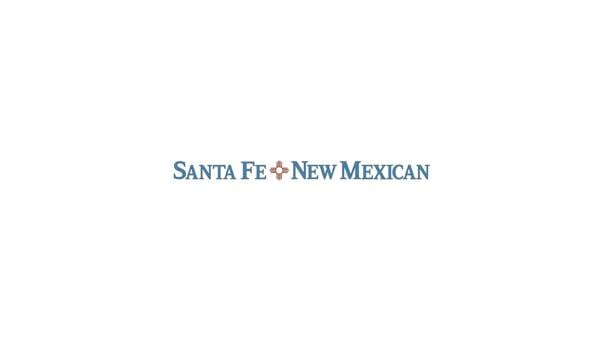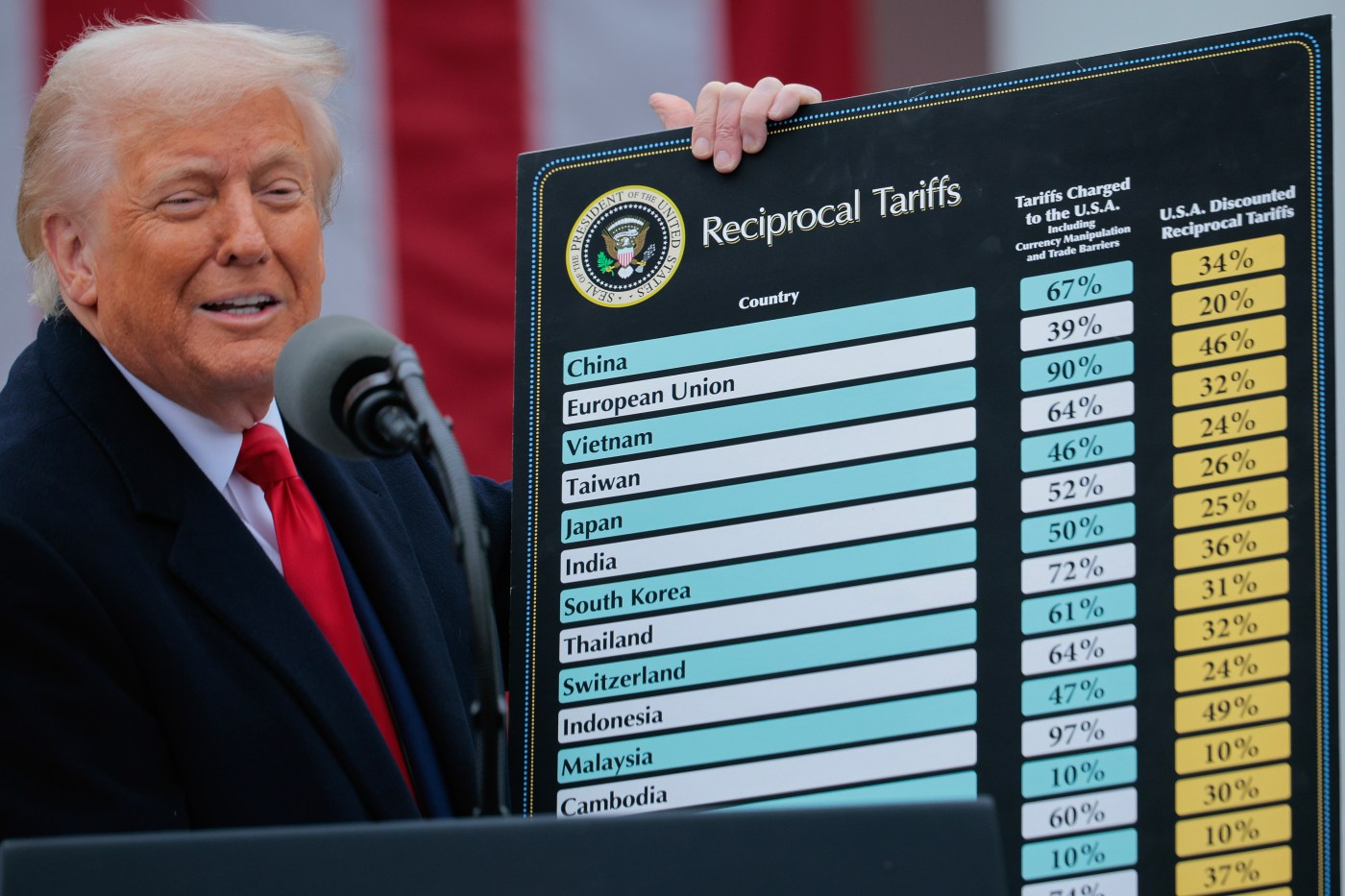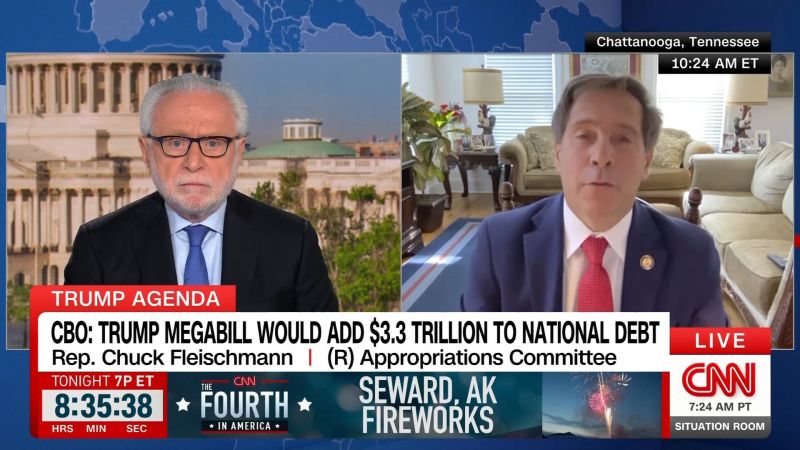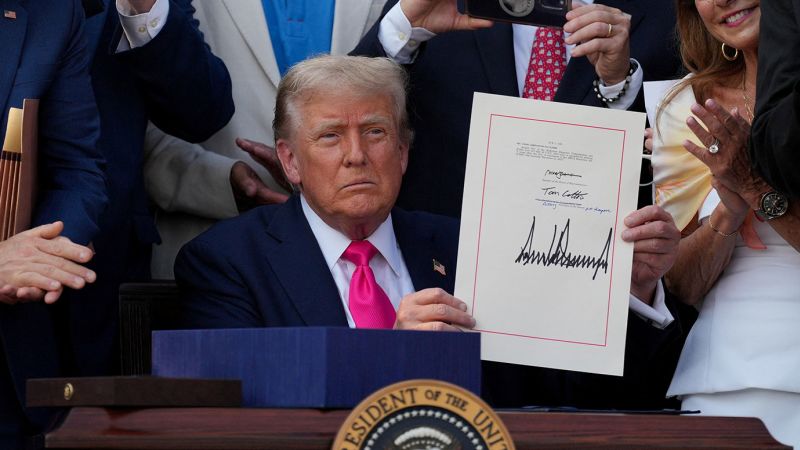Universal Child Care Revolutionizes Education in Santa Fe

A groundbreaking initiative in New Mexico is transforming access to early childhood education. As of November 1, 2023, the state’s universal child care program fully funds the Santa Fe Montessori Childcare Program, enabling families from all economic backgrounds to access quality Montessori education. The program represents a significant shift towards dismantling financial barriers that have historically limited educational opportunities for many children.
The director of the Santa Fe Montessori Childcare Program has long advocated for making quality education available to all. “For years, I’ve worked tirelessly toward a singular goal: making quality Montessori education accessible to all children, regardless of their family’s economic circumstances,” they stated. The Montessori method emphasizes child-led learning and individualized development, but it has often remained accessible only to those who can afford private tuition. The universal child care initiative is changing this dynamic, allowing for greater inclusivity in education.
With universal funding, the Santa Fe Montessori program has seen a dramatic change in its operations. “This isn’t just a number on a spreadsheet — it represents families who can now access high-quality early childhood education without the financial stress that once made it impossible,” the director explained. The program is proud to maintain rigorous standards, being both FOCUS accredited and recognized by the NAEYC, ensuring that children receive excellent care and education.
Impact on Families and the Community
The introduction of universal child care in New Mexico has far-reaching implications. It provides working families the peace of mind to pursue their careers while knowing their children are in a safe and nurturing environment. This initiative not only benefits individual families but also enhances the local economy by fostering a well-prepared workforce.
Moreover, the program encourages early childhood education providers to meet higher quality benchmarks. As a result, it raises the overall standards of early education across the region. Children from diverse economic backgrounds learning together enriches classroom experiences, ultimately preparing them better for future challenges.
The director expressed their belief that “every child deserves the opportunity to learn and grow in an environment that respects their individual pace and potential.” The universal child care program is a significant step toward realizing this vision, transforming the aspiration of universal Montessori education into a tangible reality.
Challenges and Future Prospects
Despite the positive changes, the implementation of such a wide-reaching initiative is not without challenges. Adjustments and refinements will be necessary as the program evolves. Yet, the fundamental principle remains vital: investing in high-quality, accessible early childhood education is essential for community growth and equity.
Every day, the impact of this initiative can be seen in the faces of parents relieved from the burden of choosing between quality education and financial stability. The integration of children from varied backgrounds fosters a richer learning environment, making the community stronger and more cohesive.
While universal child care in New Mexico may still face hurdles, it marks a crucial advancement in educational policy. For those committed to making quality early education accessible, this initiative is more than just a policy change; it is a significant stride toward progress.






